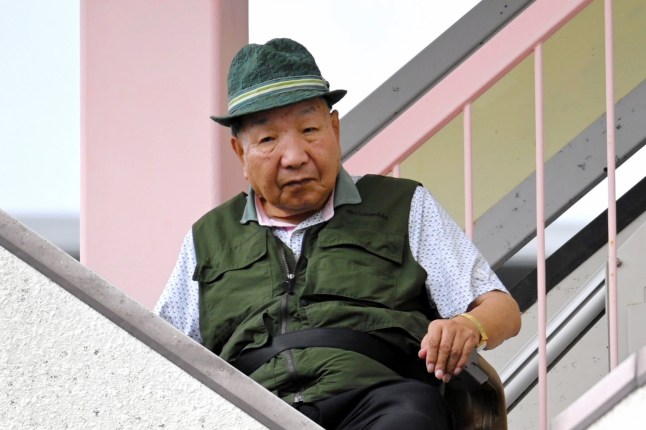
A man believed to have spent longer on death row than anyone else in the world has been acquitted of murder.
Iwao Hakamada, 88, was convicted in 1968 of stabbing and killing his boss, the man’s wife and their two teenage children in Japan.
He served 46 years on death row before a retrial was ordered in 2014 and he was released from jail.
It’s taken a decade for the trial to come to court, during which time Hakamada has been living with his now 91-year-old sister Hideko, who – among others – has spent years campaigning to get his conviction overturned.
This week a Shizuoka District Court judge declared Hakamada innocent.
When arrested the former boxer denied killing the family but after, what he described as brutal police interrogation that included beatings, he admitted to the murders.
But Hakamada, of Hamamatsu, Shizuoka Prefecture, then retracted his confession and pleaded innocent during his trial, which ultimately found him guilty.
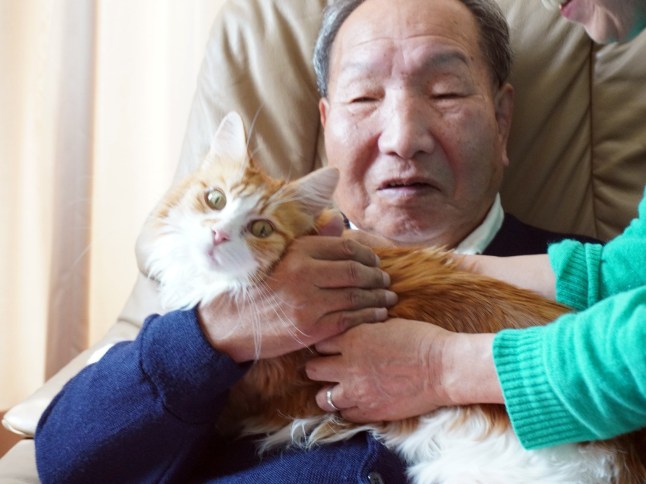
The latest ruling, seen by news agency AFP, criticised the use of ‘inhumane interrogations meant to force a statement… by imposing mental and physical pain’ after Hakamada was arrested.
‘The prosecution’s records were obtained by effectively infringing on the defendant’s right to remain silent, under circumstances extremely likely to elicit a false confession,’ it said.
It also said ‘investigators tampered with clothes by getting blood on them’ which they then hid in a tank of miso, or fermented soybean paste.
Hakamada’s lawyers had argued that DNA tests on bloodstained clothing showed the blood was not his.
Due to ill health Hakemada was not at the court to hear the verdict, but his sister, who often speaks on his behalf, attended and bowed in front of the judge when his innocence was declared.
Shortly before the hearing, Hideko told reporters: ‘I went to the prosecutors’ office and said, ‘don’t force us to fight until I turn 100’.
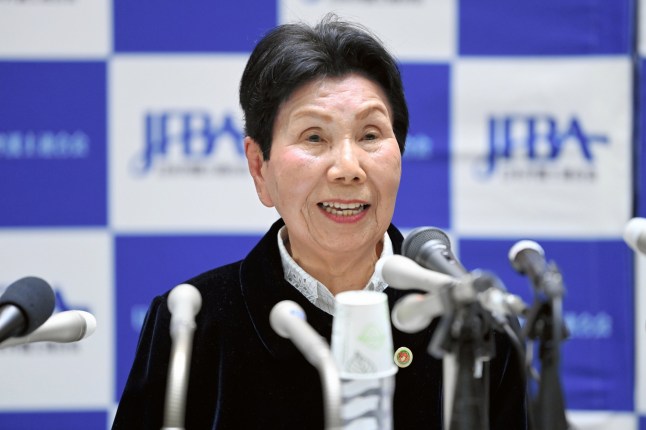
She wore a white jacket and, asked if it symbolised her brother’s innocence, said she had deliberately avoided dark colours.
Hundreds of people had queued in the morning to try to secure a seat for the verdict in a case that has gripped the nation and sparked closer scrutiny of Japan’s justice system.
Hakamada’s lead lawyer Hideyo Ogawa said decades of detention, mostly in solitary confinement, had affected his client’s mental health it sometimes seems like he ‘lives in a world of fantasy’.
Hakamada appeared not to be aware of the decision yet after Japanese media reported that supporters had removed the batteries from his television remote control on Thursday so he could not watch the verdict live.
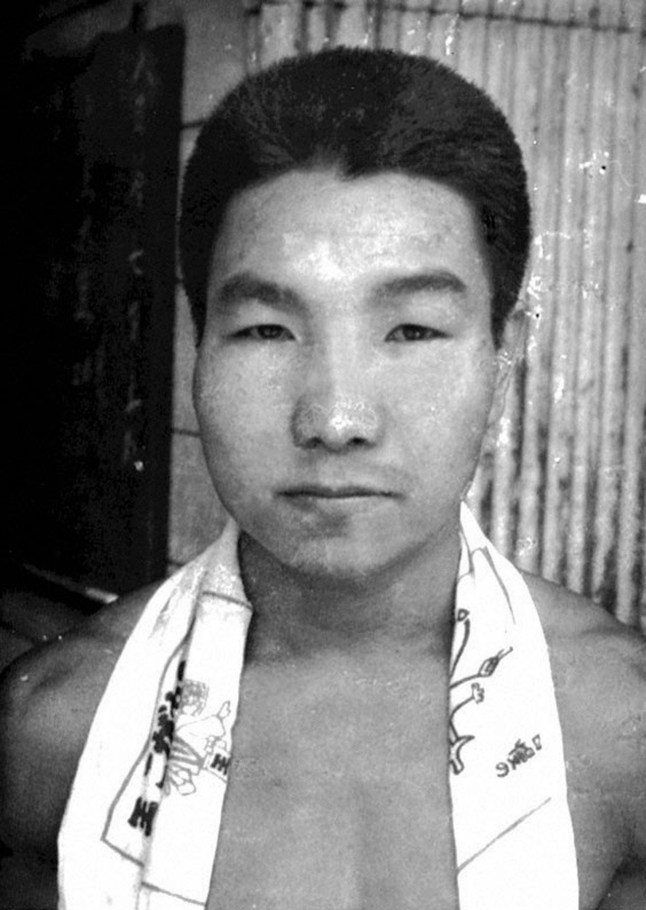
Hideko told reporters she wanted to tell him the news soon, but at the right moment.
He was filmed shortly after the decision leaving home to go for a walk, dressed in a short-sleeved shirt and a green hat.
Supporter Atsushi Zukeran, wearing a T-shirt saying ‘Free Hakamada Now’, said outside the court the case was ‘a painful reminder of how Japan’s criminal justice system must change’.
Given how long the affair dragged on, ‘part of me wouldn’t be able to celebrate the acquittal entirely’, Zukeran said.
Human rights group Amnesty International hailed the exoneration as a ‘pivotal moment for justice’ and urged Japan to scrap the death penalty.
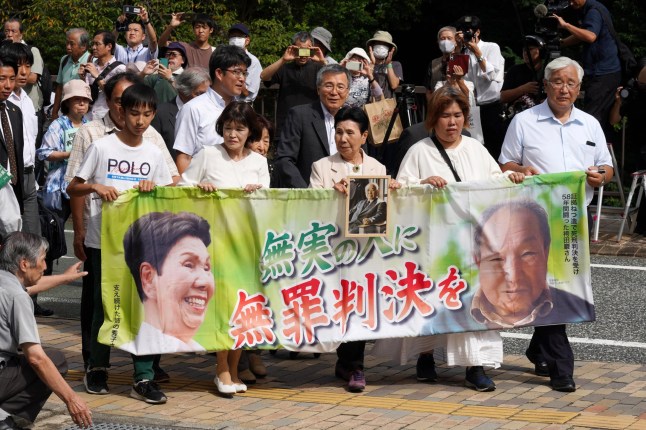
‘After enduring almost half a century of wrongful imprisonment and a further 10 years waiting for his retrial, this verdict is an important recognition of the profound injustice he endured for most of his life,’ a spokesperson said.
‘It ends an inspiring fight to clear his name.’
How many countries still have the death penalty?
According to Amnesty International’s annual death penalty report, 55 countries currently have the death penalty.
The report recorded 1,153 executions globally in 2023, but Amnesty International said this does include those in Vietnam, North Korea and ‘the thousands believed to have been carried out in China’.
China is said to carry out more executions than any other country in the world.
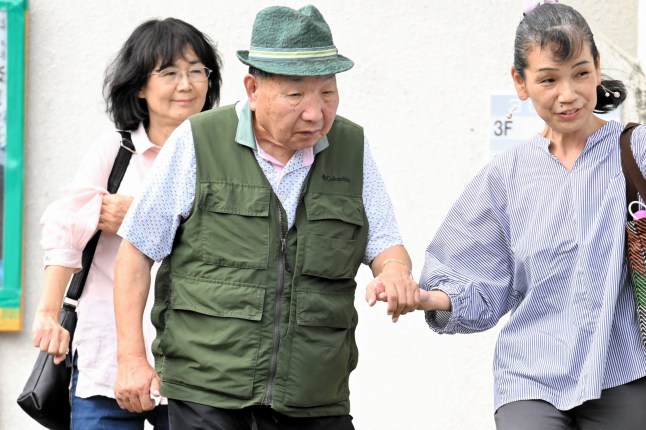
The charity’s global figure for last year was 30% higher than the previous year, and the highest since 2015.
The spike, according to Amnesty International, is ‘primarily down to Iran’.
At least 853 people in the country were executed, the charity’s report said, marking a 48% rise from 576 in 2022.
It added that the executions disproportionately impacted Iran’s Baluchi ethnic minority, who accounted for 20% of recorded executions even though they make up around 5% of Iran’s population.
At least 24 women and at least five people who were children at the time of the crime were killed.
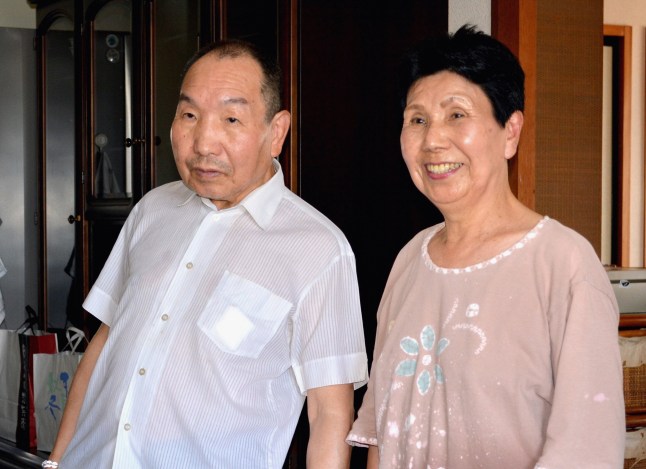
Agnès Callamard, the organisation’s international’s secretary general, said: ‘The Iranian authorities showed complete disregard for human life and ramped up executions for drug-related offences, further highlighting the discriminatory impact of the death penalty on Iran’s most marginalized and impoverished communities.’
But the organisation also welcomed the news that 2023 saw the lowest number of countries record executions – 16 in total.
No executions were recorded in Belarus, Japan, Myanmar and South Sudan, all of which carried out executions in 2022.
Meanwhile, Pakistan repealed the death penalty for drug-related offences, while the mandatory death penalty was abolished in Malaysia.
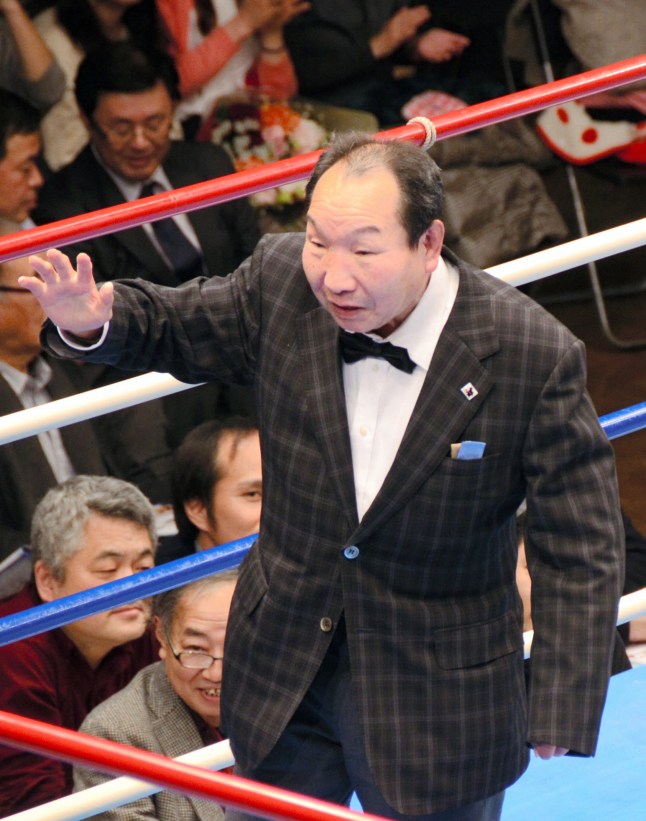
The authorities in Sri Lanka confirmed that the president did not intend to sign execution warrants, after fears executions would be returning.
More Trending
Earlier this year, Zimbabwe’s cabinet agreed to abolish its death penalty, which it inherited from British colonial rule.
It carried out its last execution in 2005.
President Emmerson Mnangagwa, who was once put on the death row during the struggle for independence against British rule, had been pushing to end the punishment.
Get in touch with our news team by emailing us at webnews@metro.co.uk.
For more stories like this, check our news page.
MORE: ‘We have a three-bedroom house to call our own for just £39,000’
MORE: ‘I teamed up with my friend and now the flat is all ours’
MORE: Naomi Campbell slams ‘misleading’ report after she is banned as charity trustee

































